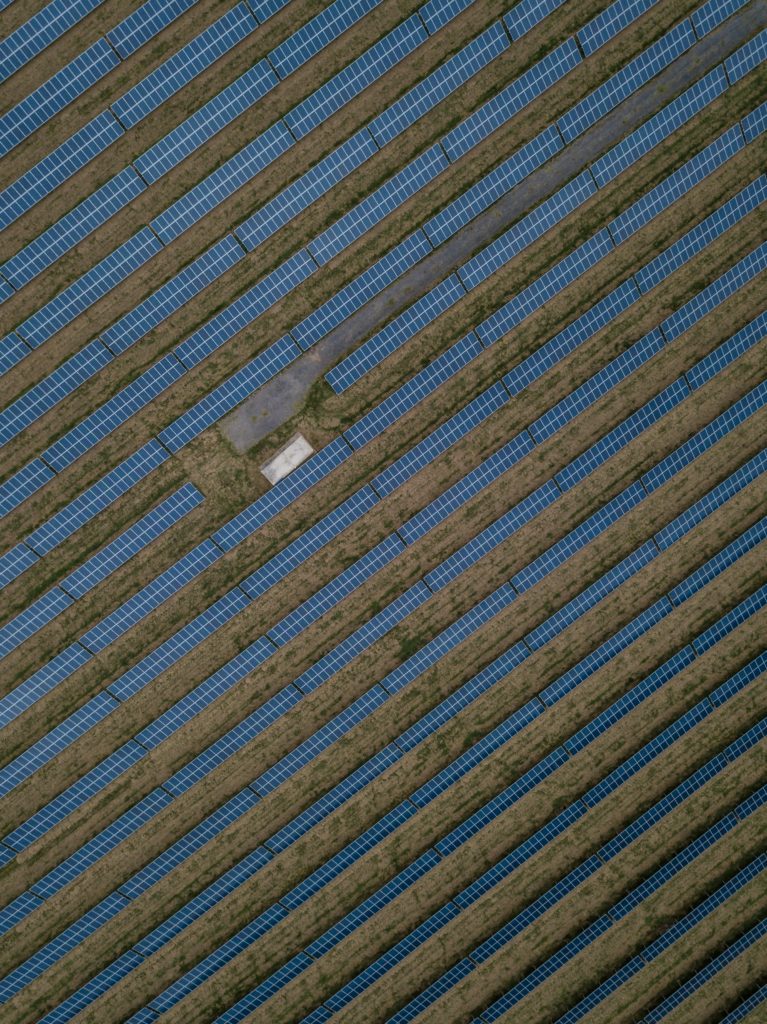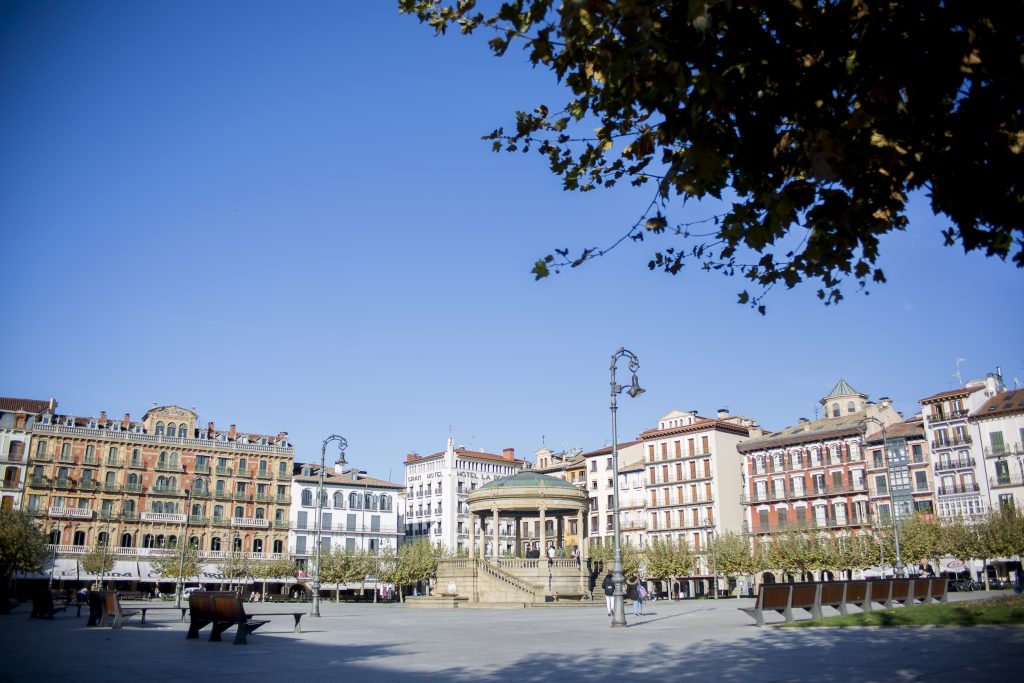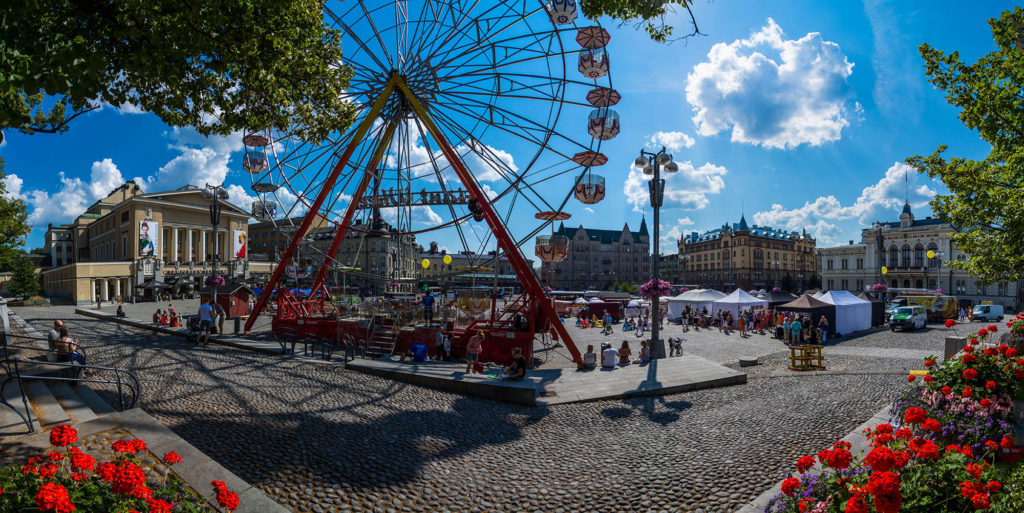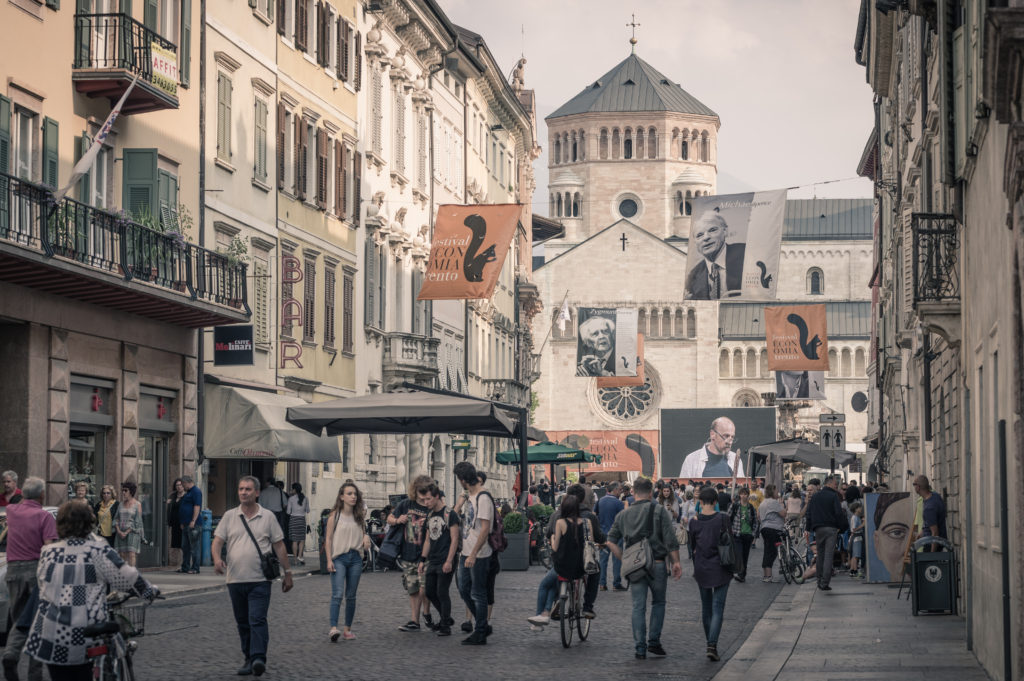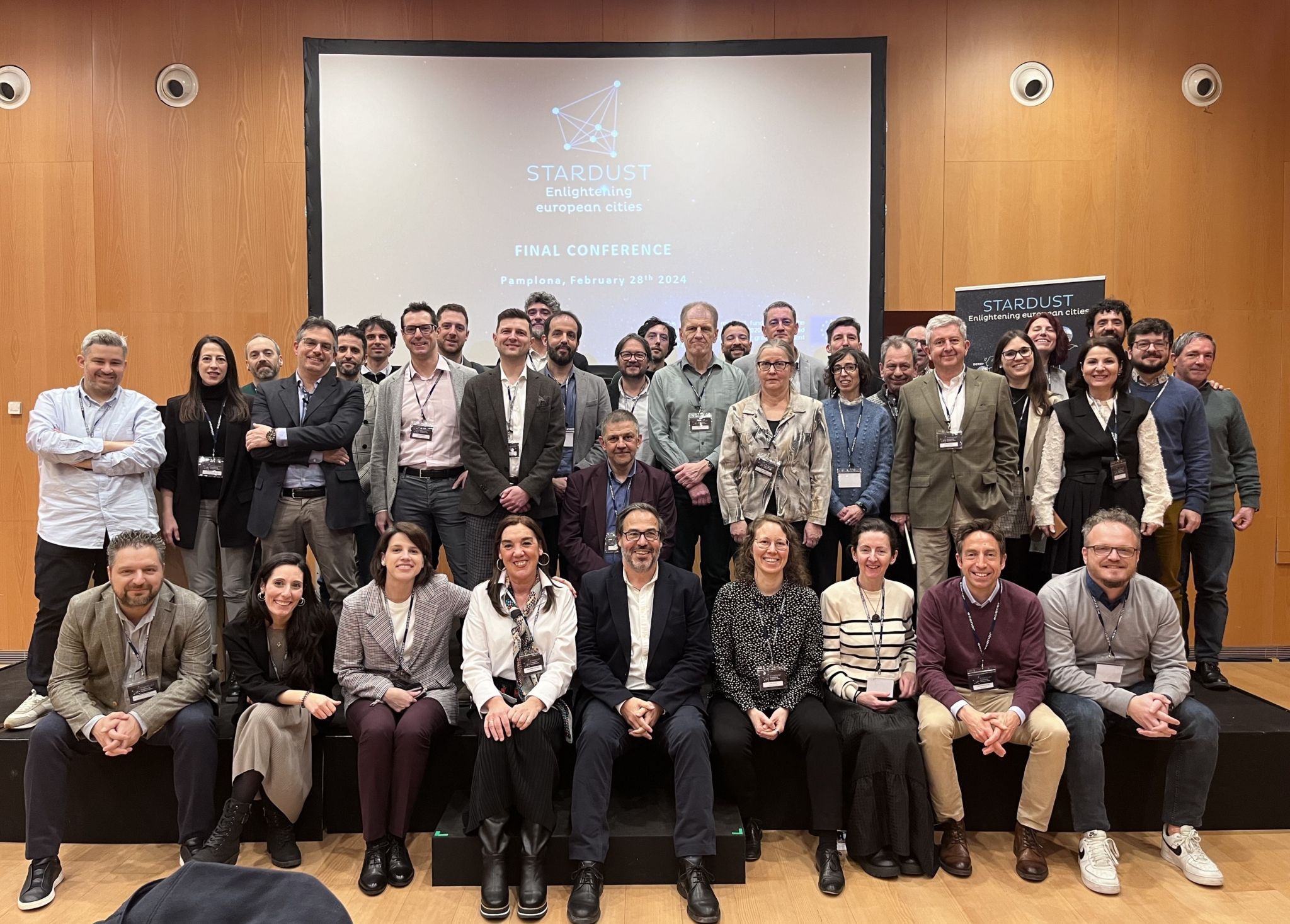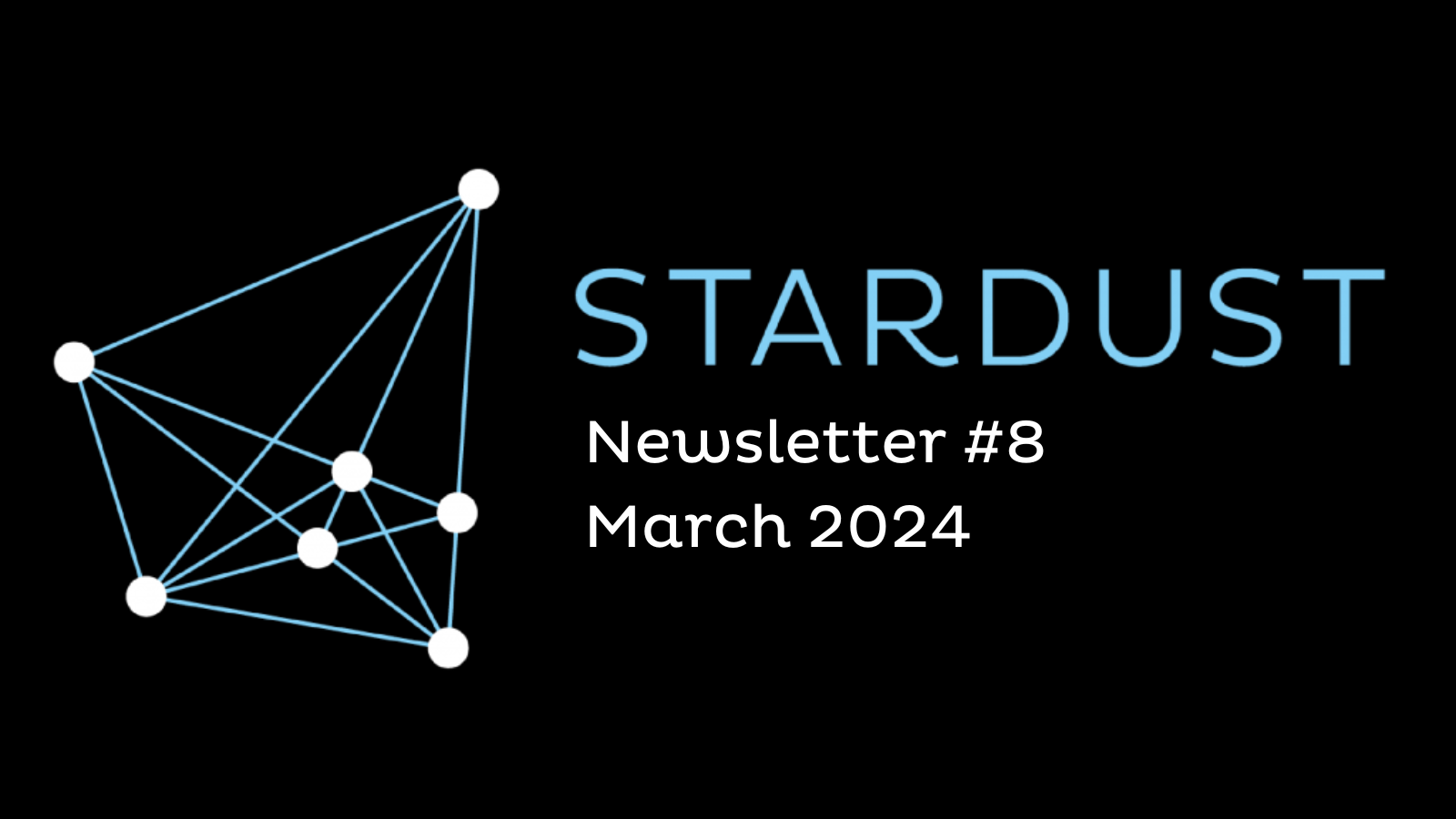STARDUST offers a holistic approach in transforming the carbon-based cities to smart, highly efficient, intelligent and citizen-oriented cities, or “Innovation Islands”. These approaches come in the form of both technical and non-technical solutions.
On one hand, technical solutions will be provided in the following sectors: energy, mobility and ICT. On the other hand, non-technical solutions will be addressed directly to the different key players – policy makers, industry, academia, and the citizens – in the form of innovative business models and citizen engagement activities, which ensure the bankability of these solutions. Like yin and yang, both types of actions complement each other, providing the holistic mind set needed to define the new Urban Metabolism envisioned by STARDUST.

